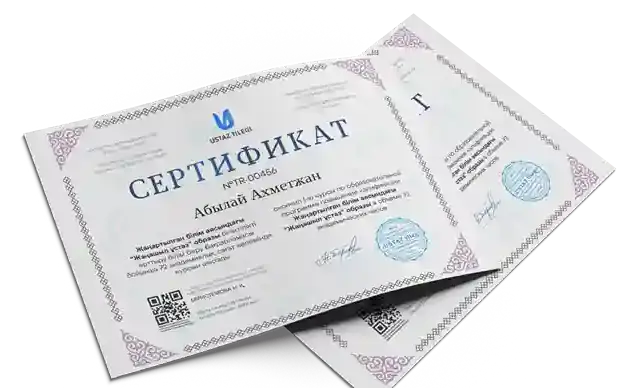|
Beginning
0-5
|
Organizational moment
Teacher presents the lesson
objectives, explains students what they would be able to do by the
end of this lesson.
-
Warm-up.
Ask students what a “hero” is
and if they know any heroes. Write heroes they name on the board or
a chart. If they name fictional heroes along with people, or
occupations, from everyday life, list them in a separate column and
use the opportunity to discuss the difference between heroes on
television or in movies (some of whom might be “superheroes”) and
real-life heroes. Direct students to look for all kinds of heroes.
Ask them to explain why they are considered to be a hero for
them.
Alternative activity
Or let students watch a video what kids think
about heroes and ask learners to share their opinions if they agree
or disagree with them.
|
http://www.canlearn.com/guides/5-5138.pdf
Handout 3
Video
https://www.youtube.com/watch?v=FU8OsZLwQrQ
|
|
Middle
5-15
15-20
20-27
27-35
|
2.Focus on
vocabulary
Teacher presents new vocabulary from the text,
explaining with synonyms
1) NorthPole-Солтүстік полюс, Северный
полюс
2) adream– арман,
мечта
3) alone– жалғыз, в
одиночку
4)
to decide – шешу, решать
5)
completely- толықтай, полностью
6)
except – қоспағанда, есептемегенде, кроме
7)
a Canadian husky – Канадалық хаски, Канадский
хаски
8)
apolarbear– полярлық аю, полярный медведь
9)
to attack – шабуылдау, атаковать
10)
to determine – анықтау, белгілеу, определить,
установить
11) cometrue– орындалу, сбываться,
воплотиться
12) even– тіпті,
даже
13) mile
–миля
(measuring unit) 1mile =1.6
kilometers)
(See Herbert Puchta and
Jeff Stranks, English in Mind1 ex 12 (a), p.55 or Handout
1)
Teacher asks students the
location of places from the text using the map of the
world:
-
North Pole
-
New Zealand
-
Guatemala
-
United States
- Canada
3. Focus on reading
Learners read the text about
Dave’s hero silently and match paragraphs and the questions with
the paragraphs(See Herbert Puchta and Jeff
Stranks, English in Mind1 ex 12 (a), p.55 or Handout
1)
Divide the group into two groups according to
their language level. High level students find out the passive
voices or define the tenses of some verbs. Low level students
discuss or translate the text in the group.
4. (FA) Focus on
writing
Ask
students to think of people they admire and who they would like to
find out more information about. These could be pop stars, sports
heroes, adventurers, etc. You could elicit students’ heroes as a
whole class, or students could work in pairs to think of
people.
Students write three paragraphs about their hero
using Dave’s example.
|
PPT Vocabulary
Handout 1
Herbert Puchta and Jeff Stranks, English in
Mind1 ex 12 (a), p.55
Handout 2
https://www.google.kz/search?
Handout 1
|
|
DIFFERENTIATION – how do you plan to give more
support? How do you plan to challenge the more able
learners?
Divide the group into two groups according to
their language level. High level students find out the passive
voices or define the tenses of some verbs. Low level students
discuss or translate the text in the group.
|
ASSESSMENT – how are you planning to check
learners’ learning?
Monitoring students’ writing,
giving feedback after activities, figuring out typical mistakes,
giving some recommendation not to repeat them. Self-assessment:
learners record what they learnt
|
Health and safety
rules
|











